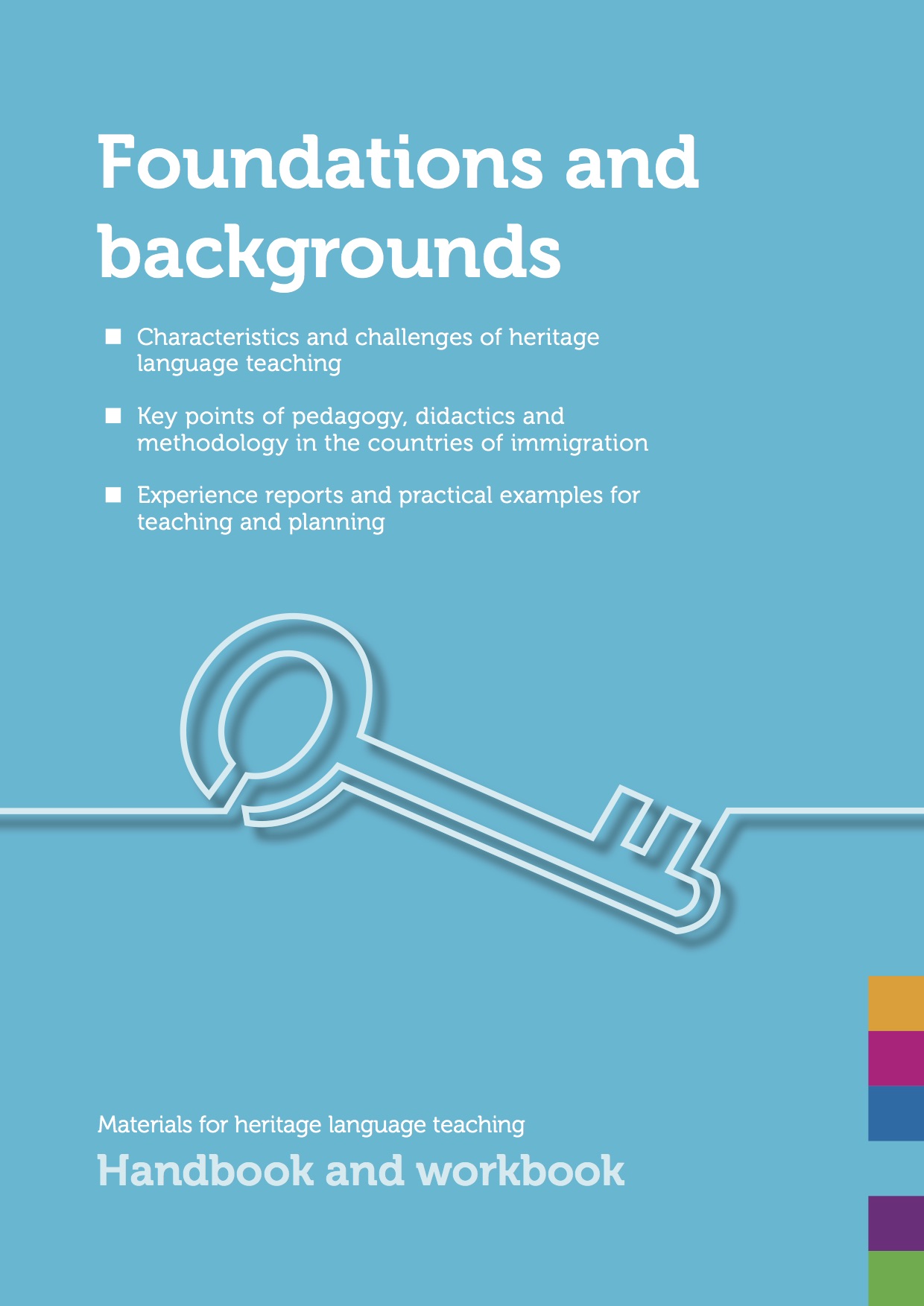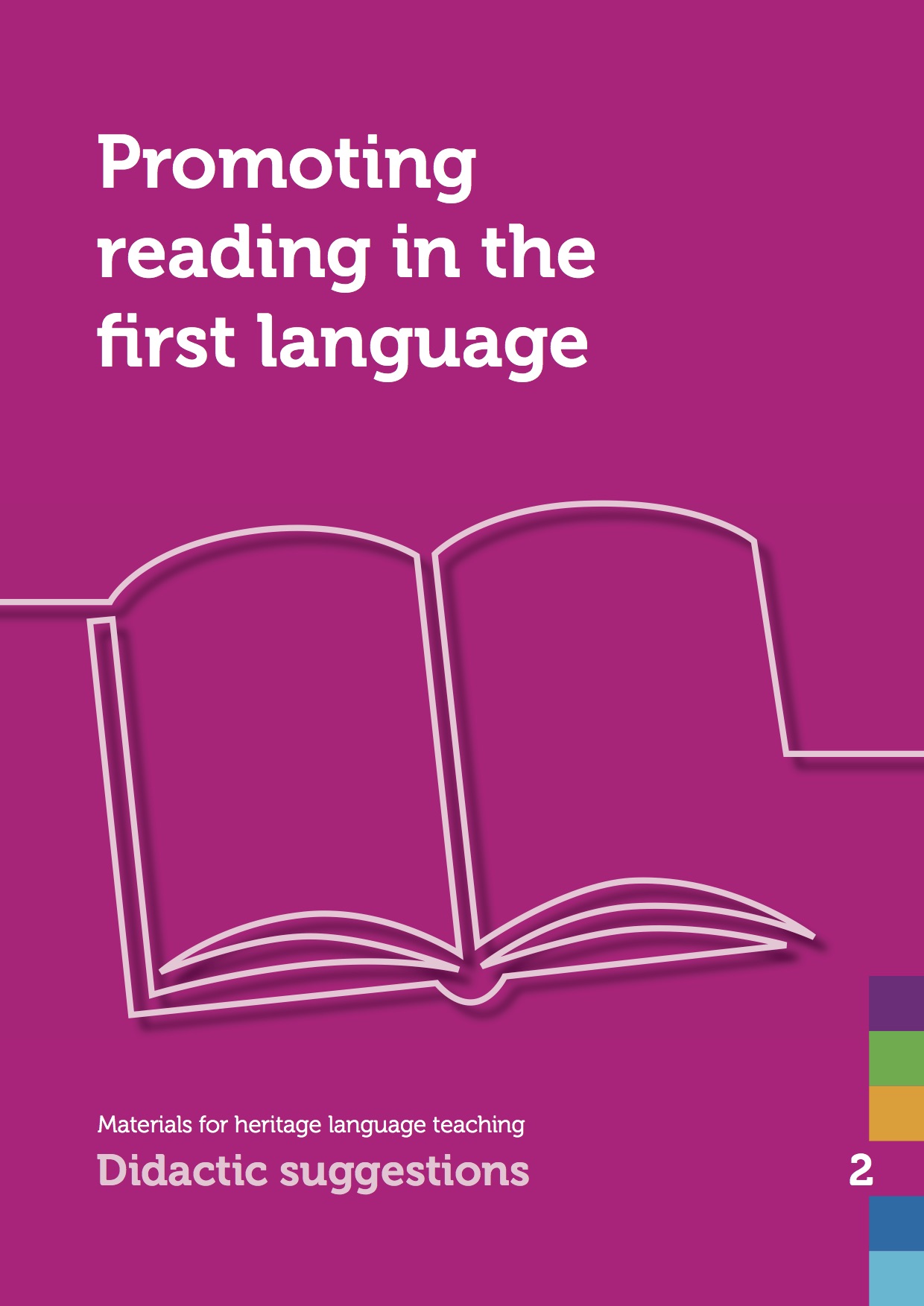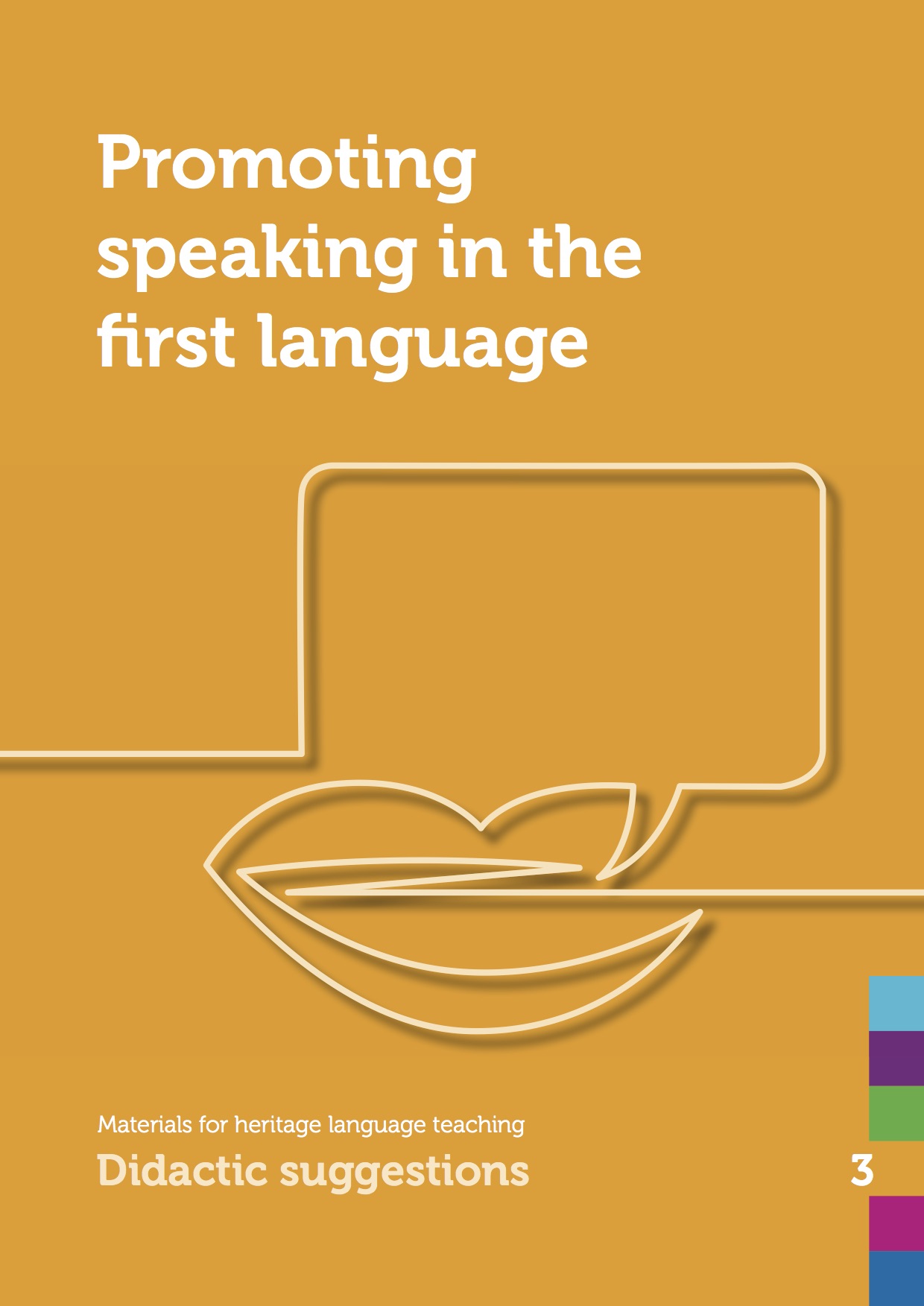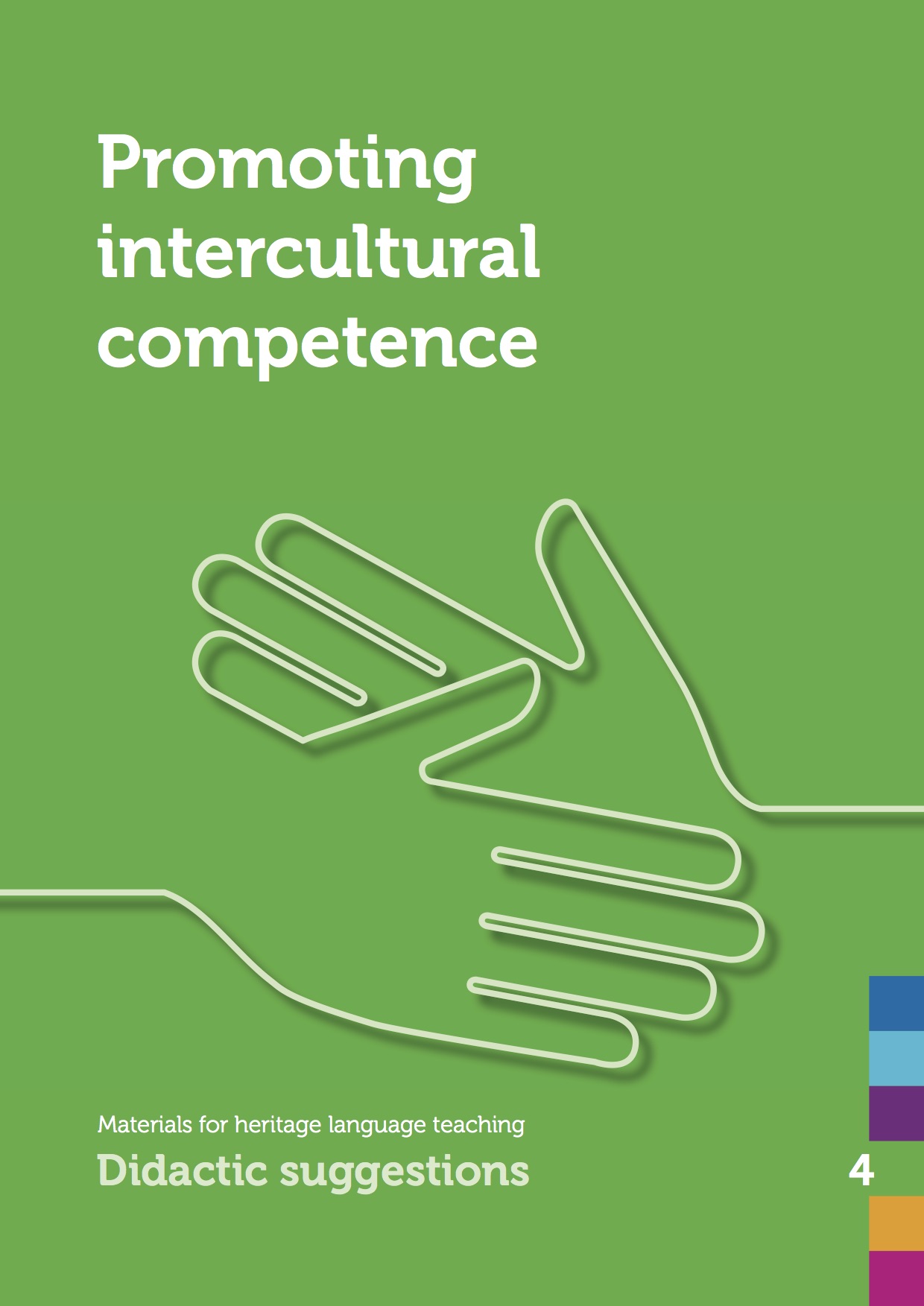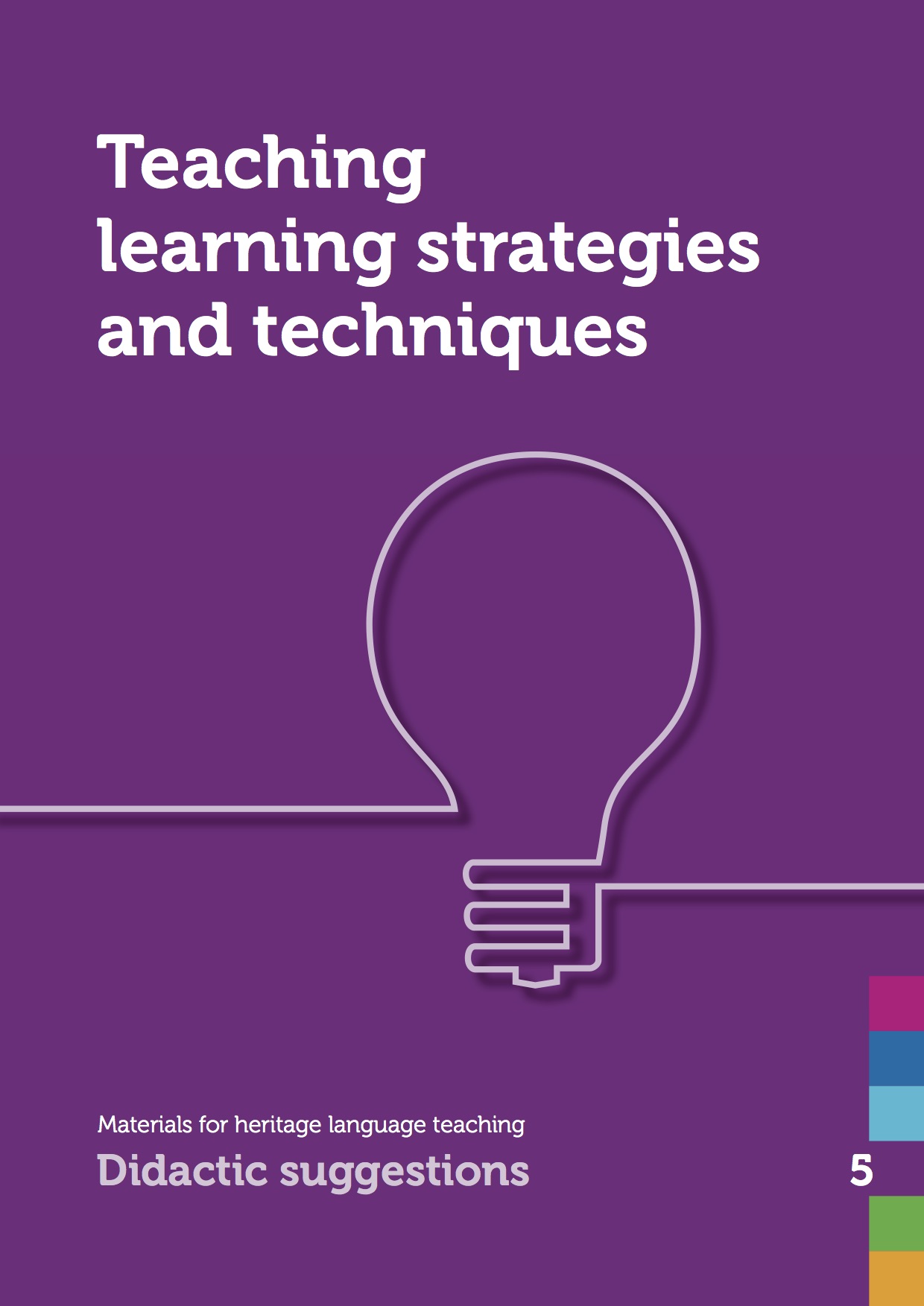1. What does “orality” mean?
Besides written expression, orality or oral expression is the second largest area of language appliction. (Strictly speaking, it is the first in the history of mankind as well as with almost all individuals. The cultural …
Read more2. Promoting orality – and what this means for HLT
Oral expression plays an important role in language teaching, and this applies of course to heritage language teaching as well. The importance of this role is already apparent in that the major part of communication …
Read more3. Goals and structure of this publication
The present volume is closely related to the didactic publications 1 and 2 of the series “Materials for heritage language teaching”. Whereas volumes 1 and 2 comprise suggestions for teaching writing and reading in the …
Read more4. Three key aspects of current didactics in orality
The area of orality is a huge field with an extensive literature in various languages and traditions. The different traditions are reflected, for instance, in the significance which target areas, such as “democratic discussions in …
Read more5. Exchanges and cooperation with regular mainstream education
How valuable and stimulating a coordinated approach between HLT and regular curriculum instruction, including the exchanges of experiences, findings and procedures can be, has been repeatedly pointed out in the foundation volume as well as …
Read moreTable of Contents
- Preface to the series “Materials for heritage language teaching”
- 1. Introduction
- 2. Part I: Accoustical training; suggestions for creative language use
- II. Part II: To conduct oneself adequately in conversations – in pairs and in groups
- 9. Establishing and practicing conversational rules
- 10. Preparing for a conversation
- 11. “Think – Pair – Share”: An alternative procedure for preparing oneself for a group discussion
- 12. Tying into the discussion contributions of others
- 13. Providing feedback
- 14. Accoustical training, five exercises for sound differentiation
- 15. To assume the role of discussion moderator
- 16. Planning discussion
- 17. Storytelling circle
- 18. Discussing and arguing together
- 19. Conducting educational discussions
- 20. Philosophizing together
- 21. Preparing for a survey or an interview
- III. Part III: Narrating and interpreting of experiences and stories
- IV. Part IV: Presenting and lecturing
- 6. Bibliography

